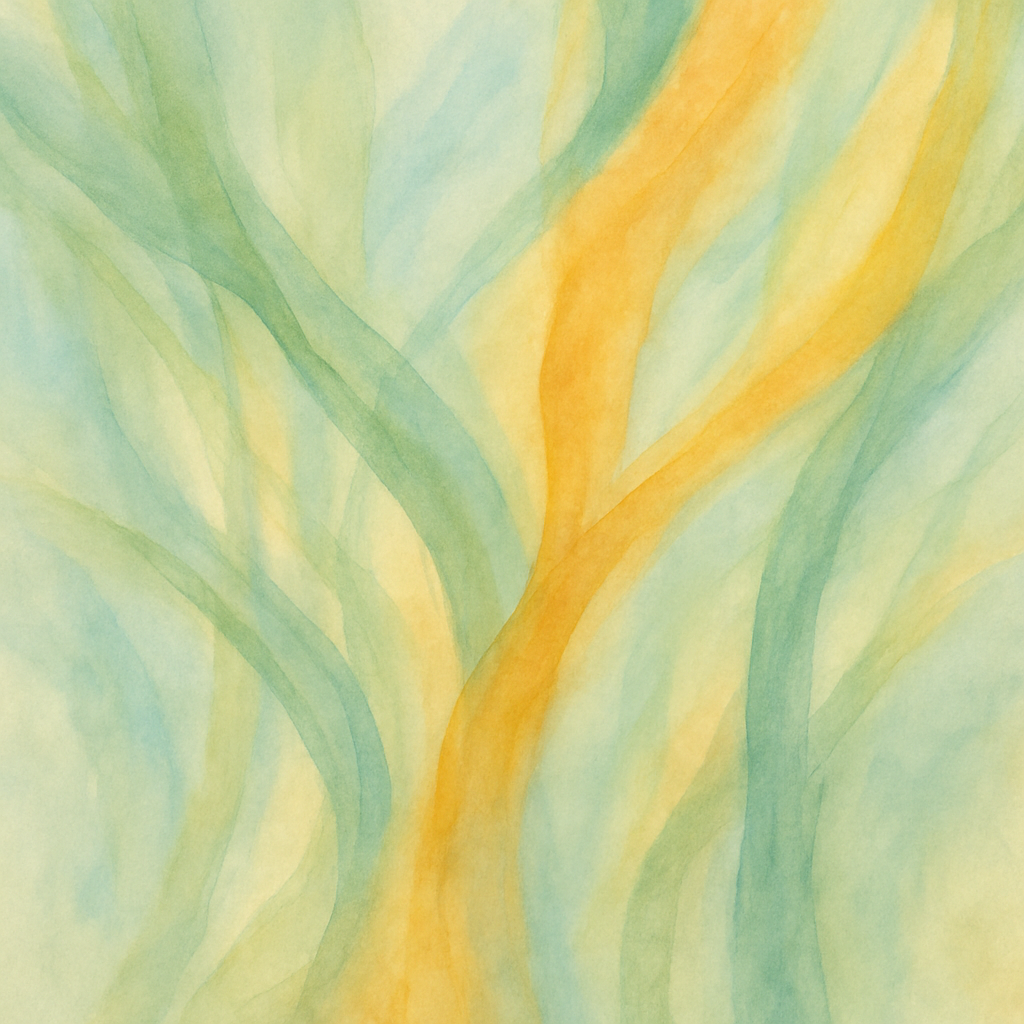relationship garden: the sapling stage
TL;DR: Friendships are living things. The sapling stage is the most fragile—avoid neglect (no sun/water) and overcare (overwatering). In adulthood, shared orbits thin out, so be intentional: follow up within two weeks, choose a few friendships to actively tend, and water them with real, tangible connection.
Most relationships start as seeds. Here's the paradox: once a seed becomes a sapling, the connection is most fragile.
A seed is all potential. No seed looks like the plant it will become. But a sapling is exposed. One careless step can snap it. Ignore it—no water, no light—and it dries up.
When I meet new friends, I hold this in mind. We plant seeds when we share a first experience. If we choose, we can water them. Once they sprout, a friendship can only grow as far as we keep watering together—through repeated community (church, book club, a standing gathering) or a shared project (an exhibit, a play, a volunteer shift).
And still, the sapling is delicate. Overinviting can feel like overwatering. Harshness or anger can trample the stem. Neglect starves it of light. No sapling becomes a tree overnight. Time is the vehicle for growth. Any hyper-accelerant—the intense, instant best-friend energy—can be thrilling, but it carries fragility.
The dynamic changes as the trunk thickens. A small tree grows branches; maybe it becomes a large one. Years can pass, and there’s still shade and fruit. You may not speak for a while and still be welcomed for a week-long visit. There’s stability. You both get to partake.
So yes—twelve close friends in your 30s? Miracle tier:

Lately I’ve been reflecting on new friendships and a disposition I’ve adopted in my 30s: new friendships require work and prioritization. Outside the container of school or university, repeated exposure is no longer a given. And while you can find friends at work, it’s not the same safe container—colleagues influence whether you stay or go.
So adult friendships run on orbits—less about pure chemistry, more about the gravity of life stages. After I lamented the ease of school friendships, a therapist shared this: once he had kids and shifted life stages, his closest friends became the parents of his children’s friends. He didn’t say it with regret. The acceptance empowered him.
I’ve watched new friendships wither without a second touch. My time marker is about two weeks: within two weeks of meeting, either set up another hang (if you can) or reach out in a real way.
There’s no substitute for in-person, which leaves long-distance bonds at a disadvantage. But we can still bring sunlight:
- Mail a short letter or postcard.
- Propose a tiny shared project (30-day photo swap, same-book read, morning walk check-ins).
- Ask for or offer a specific recommendation or introduction.
- Put one date on the calendar—far is fine; it’s a trellis for the vine.
When we treat connection as a living being, we relate to it more fully. The relationship becomes a third entity with its own needs: water, sunlight, the right soil.
We can’t tend every plant in the jungle of a life. But the ones we love require care. Choose which beds you’ll tend this season. Water them—not too little, not too much.
Create your relationship garden.
